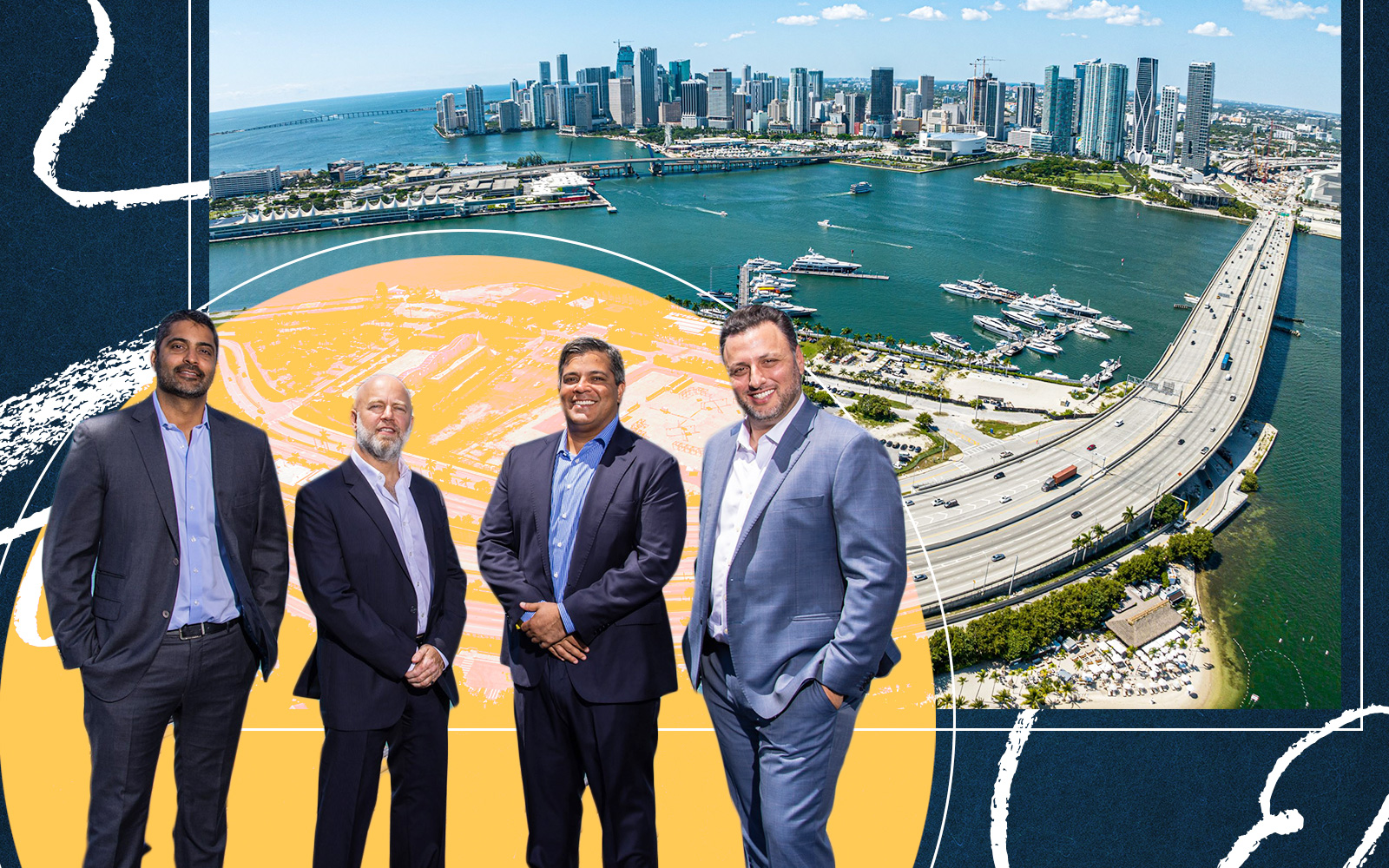David Martin’s Terra is partnering with the owner of Jungle Island to redevelop part of the city-owned site into a residential project, The Real Deal has learned.
The proposal hinges on voters approving the deal, possibly later this year. Jungle Island, a waterfront eco-adventure park on Miami’s Watson Island, would close if the project moves forward, sources told TRD.
ESJ Capital Partners, an Aventura-based firm led by founder and CEO Arnaud Sitbon, secured voter approval in 2018 that amended the city charter, allowing ESJ to modify the lease so that ESJ could build a hotel, new attractions at Jungle Island and a retail, restaurant and meeting space expansion. The hotel would have had a maximum height of 130 feet.
Three years ago in 2021, the Miami City Commission approved a development agreement and special area plan (SAP) with Jungle Island, as well as a land use change to allow for commercial development. SAPs are used for projects that are at least nine acres in size.
ESJ had a 2023 deadline to obtain its building permit, a move that would trigger $250,000 annual rent payments to the city. That amount would increase when the planned hotel was completed to $1.2 million a year and 5 percent of gross revenue.
But ESJ hasn’t moved forward on the hotel. Instead, the firm was recently in talks with local developers to build a for-sale residential project on the site before securing a partnership with Coconut Grove-based Terra, sources said.
In order to build a condo on the 18-plus-acre site at 1111 Parrot Jungle Trail, the developers would have to own the land where the condo would be built. ESJ has been in talks with the city to return nearly 13 acres of land back to the city for a waterfront public park in exchange for purchasing 5 acres for the residential project, a statement from ESJ and Terra confirms.
ESJ and Terra said that their plan would “return most of the Jungle Island to the community as a public asset for all to enjoy free-of-charge” while creating revenue for the city via property taxes generated by the sale of condos. They said their proposal would generate less traffic than what has been approved by voters.
Read more


“We look forward to sharing more details with the community over the coming months,” the statement ends.
The city has not responded to a public records request.
ESJ paid $60 million for Jungle Island in 2017 and assumed the lease with the city of Miami and park debt owed to the city, Miami-Dade County and the U.S. Department of Housing and Urban Development. Bern Levine sold the theme park seven years ago. Levine had owned Jungle Island, then called Parrot Jungle, in 1988 when it was located in Pinecrest, and moved it to Watson Island in 2003.
The island is sandwiched between Miami’s mainland and Miami Beach.
Another major project is planned on the other side of the MacArthur Causeway, which cuts through Watson Island. Last year, Merrimac Ventures and BH3 Management partnered to take over the lease for nearly 11 acres on the west side of the island.
The former developer, Mehmet Bayraktar’s Flagstone Property Group, was tangled in years of delays and litigation with the city of Miami. Voters approved Bayraktar’s deal via a referendum in 2001. His firm only completed the mega yacht marina; other plans included two luxury hotels, retail, public space and a garage.
Any major changes to the plan for Merrimac and BH3’s site would have to be approved by voters in the form of another referendum.
